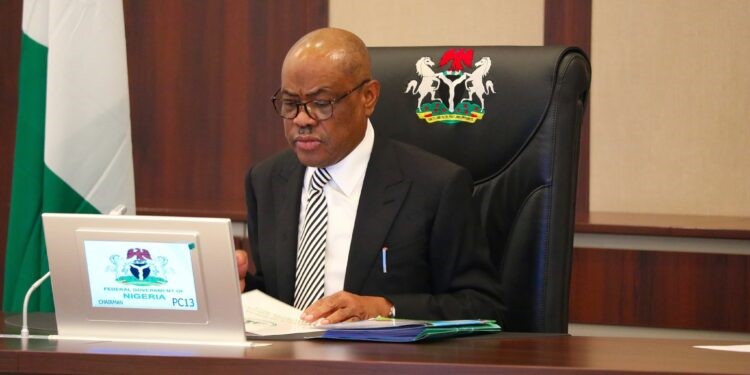By Nehemiah Anini for The Chronicles of Construction

The Federal Capital Territory Administration (FCTA) has revoked all existing park licenses in Abuja, directing operators to resubmit their documents for fresh screening and possible reallocation.
According to the FCTA, the decision follows widespread policy breaches and land-use violations across the city’s public parks.
In an interview with The Chronicles of Construction, the Director of Development Control, Mukhtar Galadima, explained that the measure is not intended as a witch-hunt but as a step to restore order and compliance with Abuja’s urban planning policies.
“There’s nothing like witch-hunting. All park allocations were withdrawn over consistent violations. The Minister holds authority to regulate land use in the FCT, including public parks,” Galadima stated.
He added that operators who meet the required terms and conditions after resubmission will have their licenses reallocated.
The directive comes shortly after the demolition of Boulevard Park in Maitama, which officials said had violated its approved terms of use. Galadima emphasized that the park was duly notified and that enforcement followed all legal and procedural requirements.
Moving forward, all park operators will be required to:
- Submit conceptual designs for approval before opening.
- Comply strictly with usage guidelines issued by the Department of Parks and Recreation.
- Operate within Abuja’s urban planning framework.
To ensure this, a ministerial committee has been established to review all allocations and align their usage with recreational purposes.
The FCTA stated that this initiative is part of a broader urban management effort aimed at:
- Attracting private investment into recreational facilities.
- Generating employment opportunities through compliant park operations.
- Ensuring safe, legal, and sustainable urban spaces in Nigeria’s capital city.
At The Chronicles of Construction, we see this as a major development in Abuja’s urban policy enforcement. For both professionals in the built environment and the general public, it raises key questions about how recreational spaces should be managed, and the role of regulation in ensuring that city infrastructure works for everyone.
Stay tuned as we bring you further updates, insights, and expert commentary on how this decision will shape Abuja’s public spaces.


